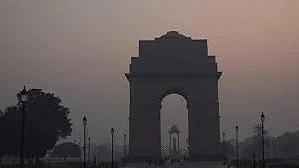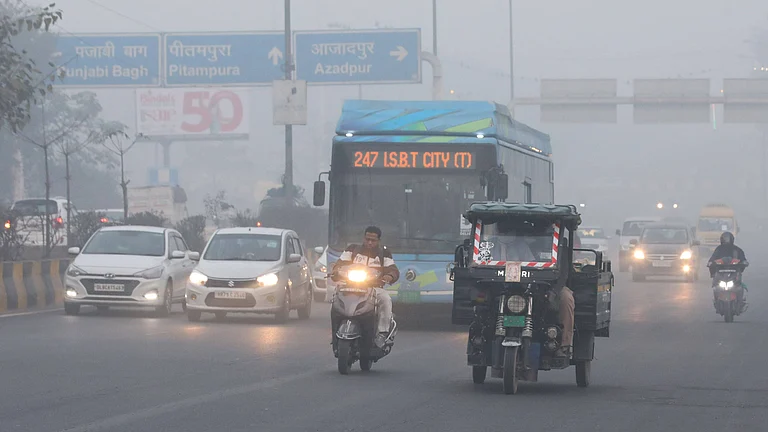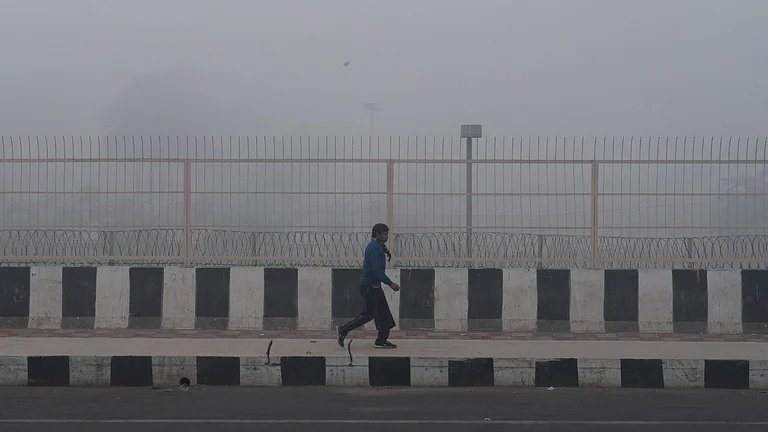Delhi experienced its warmest Republic Day on January 26 in eight years, with the maximum temperature recorded at 23.7 degrees Celsius, two notches above normal, according to India Meteorological Department (IMD). The IMD has forecast that temperatures are expected to rise further in the city.
Previously, the warmest Republic Day in Delhi was recorded in 2017 when the national capital saw a maximum temperature of 26.1 degrees Celsius, reported PTI.
Clear skies facilitated a smooth Republic Day Parade fly-past, in contrast to the foggy conditions Delhi experienced in the preceding days, which had significantly reduced morning visibility.
Delhi's minimum temperature on Sunday was 7.2 degrees Celsius, a notch below normal marking a slight drop from 8.6 degrees Celsius on Saturday and 9.8 degrees Celsius on Friday.
Why Delhi is Facing Extreme Heat This January?
Over the years, Delhi's temperature on January 26 has fluctuated significantly. While the long-period average (LPA) maximum for the day since 1991 is 22.1 degrees Celsius, recent years have been cooler with the mercury settling at 20.6 degrees Celsius in 2024, 17.3 degrees Celsius in 2023 and 16.4 degrees Celsius in 2022.
The IMD has cited dry northwesterly winds and clear skies as the reasons for consistent above-normal maximum temperatures in Delhi.
"Despite a recent western disturbance bringing some rain and snow to parts of northwest India, the maximum temperature in Delhi has remained relatively unaffected due to bright daytime sunshine," Mahesh Palawat, Vice president of Skymet, told PTI.
A fresh western disturbance is expected to impact the region starting January 28, leading to a further rise in both maximum and minimum temperatures, Palawat said.
He added that the disturbance will shift wind patterns, reduce wind speeds and bring cloud cover, which will "trap heat at night and cause night temperatures to rise".
According to IMD, the minimum temperature could increase to 9-11 degrees Celsius by the weekend while the maximum will hover between 24-26 degrees Celsius.
Meanwhile, Delhi's Air Quality Index (AQI) entered the "poor" (216) category on January 26 from "moderate" (174) on January 25. The AQI of Delhi stood at 225 at around 8.30 a.m., according to Air Quality Early Warning System (AQEWS) for Delhi.
AQEWS, which is a real-time monitoring system tracking air quality and visibility levels, also said that Delhi's air quality is projected to be "poor" on January 27 and 28, and deteriorate to "very poor" by January 29. Thereafter, from January 29 onwards, Delhi's AQI is expected to be in the "poor" to "very poor" category for the next six days.
(With Inputs from PTI.)































